In the midst of internal Republican Party leadership battles across Wyoming, the state GOP’s legal counsel has advised county organizations to disregard both state law and a Wyoming Supreme Court decision regarding who can vote in party elections, Casper Star-Tribune reports.
Instead, attorney Brian Shuck argues that a contested party bylaw — not the law — should prevail in determining voting eligibility within the party.
In a March 17 letter obtained by WyoFile, Shuck told Weston County GOP Chair Karen Drost that ousted precinct committee members should still be allowed to vote in county elections, despite losing their seats in the August 2024 primaries.
“If there is a conflict between a GOP bylaw and a state statute, the statute controls,” he wrote, summarizing opposing views. “I disagree.”
Shuck’s position comes during a wave of leadership elections where Republicans less aligned with the party’s current hard-right leadership have made gains at the county level. These include former House Speaker Albert Sommers in Sublette County and former representatives Tony Niemiec and Lorraine Quarberg in Sweetwater and Laramie counties, respectively.
State law and previous court rulings, including a 2023 Wyoming Supreme Court decision, have made it clear that only current, elected precinct committee members can vote in party leadership elections. However, Shuck has advised county parties to follow internal rules that allow former members — including those who lost their precinct elections — to continue voting.
That advice was followed in Weston County, where Chair Karen Drost was reelected with her own vote, even though she had lost her precinct position in the last election. Critics, including Weston County committeeman Curtis Rankin, say that undermines the democratic process.
“They claim they’re a private entity and don’t have to follow other rules,” said Rankin, a first-time committeeman. “Evidently the Supreme Court case in their minds does not affect them, which I just totally disagree with.”
The legal debate stems from a case in Uinta County, where a court ruled that a bylaw allowing former precinct members to vote violated “clear and unambiguous language” in Wyoming law. The Wyoming Supreme Court upheld that decision, though it did not weigh in on whether the law infringes on political association rights under the US Constitution.
Shuck, however, argues that because the constitutional question was not directly resolved, the GOP’s internal rules should take precedence.
“I will see your statute and raise you a Constitution,” he wrote in his March letter.
Not all party leaders agree. In Washakie County, outgoing precinct members were allowed to cast provisional votes, which ultimately did not affect the election outcome. Newly elected county chair Mike Greear, an attorney and former Speaker Pro Tempore in the Wyoming House, said he would have offered different legal advice.
“It’s not the kind of advice I would give,” Greear said. “Fortunately, we weren’t in a position where it changed the result.”
The issue may soon come to a head. In May, county GOP officials from across Wyoming will gather in Cody to elect the state party’s leadership. The outcome of that election — and the ongoing debate over who is entitled to vote — could further expose divisions within a party still grappling with its direction and identity.
The situation reflects broader tensions between factions of the Wyoming GOP, with some members pushing for a return to a more inclusive “big tent” philosophy, and others adhering to a more rigid ideological platform aligned with the Freedom Caucus and current party leadership.
Neither Shuck nor Drost responded to requests for comment.
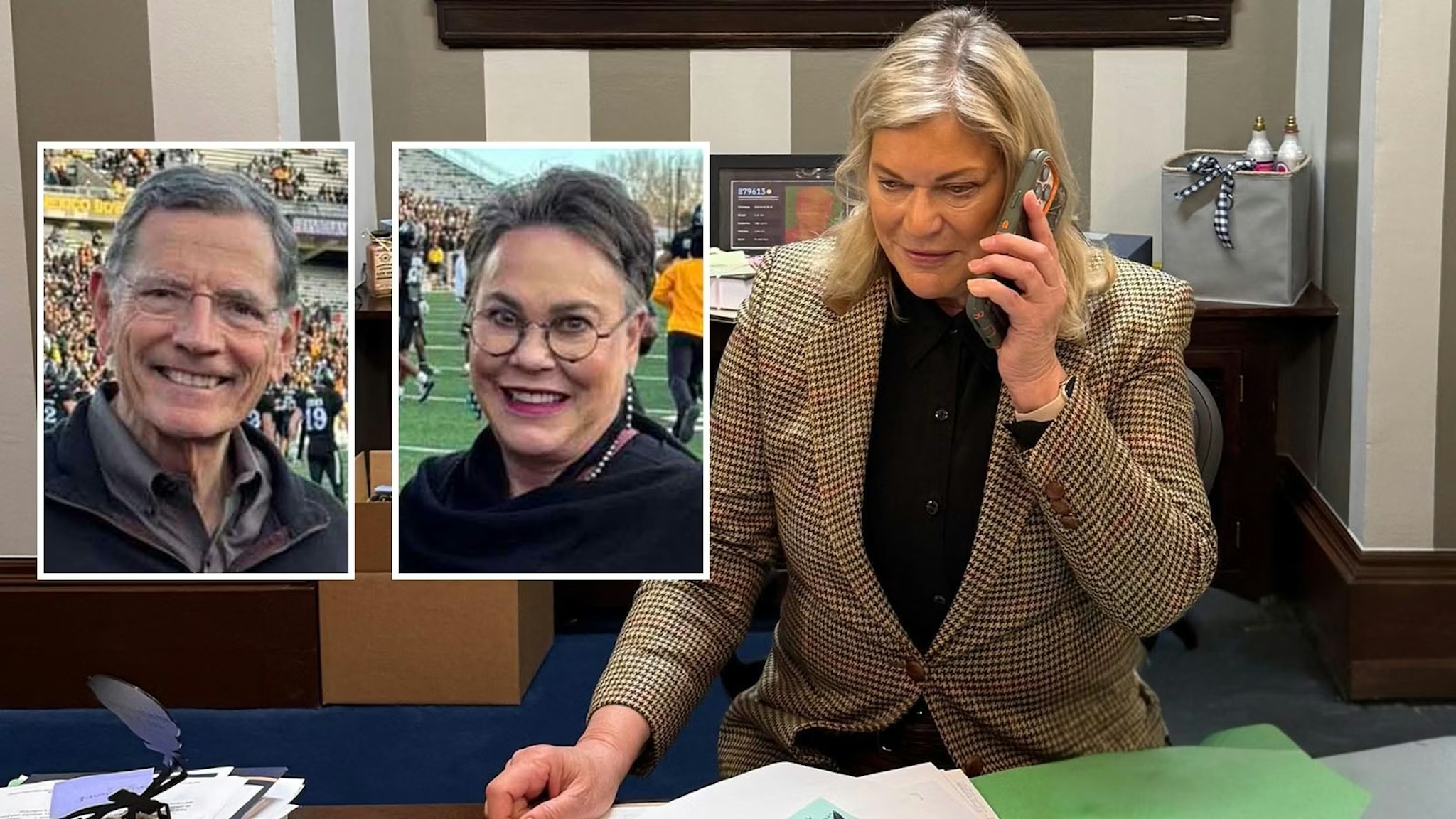
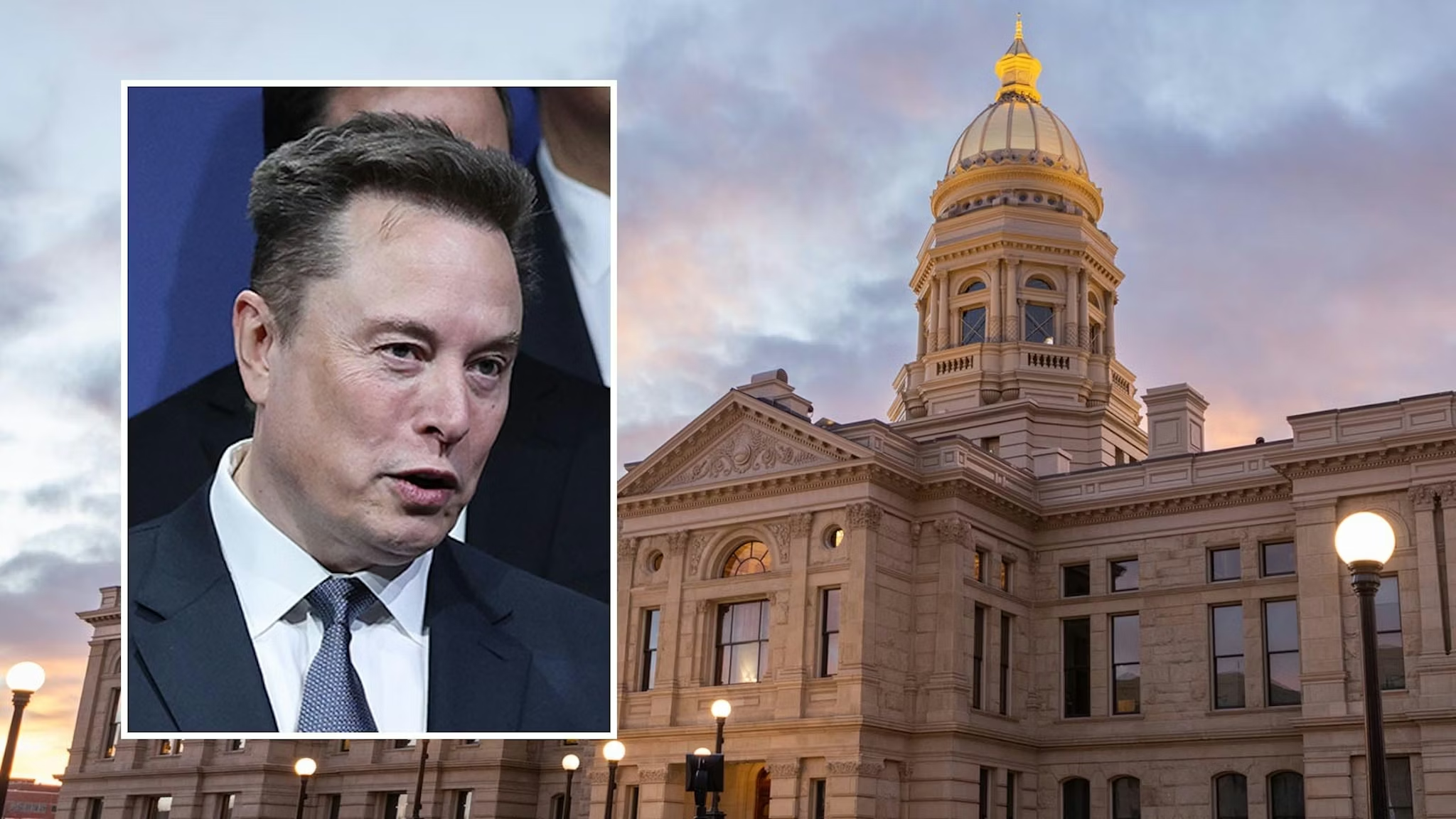
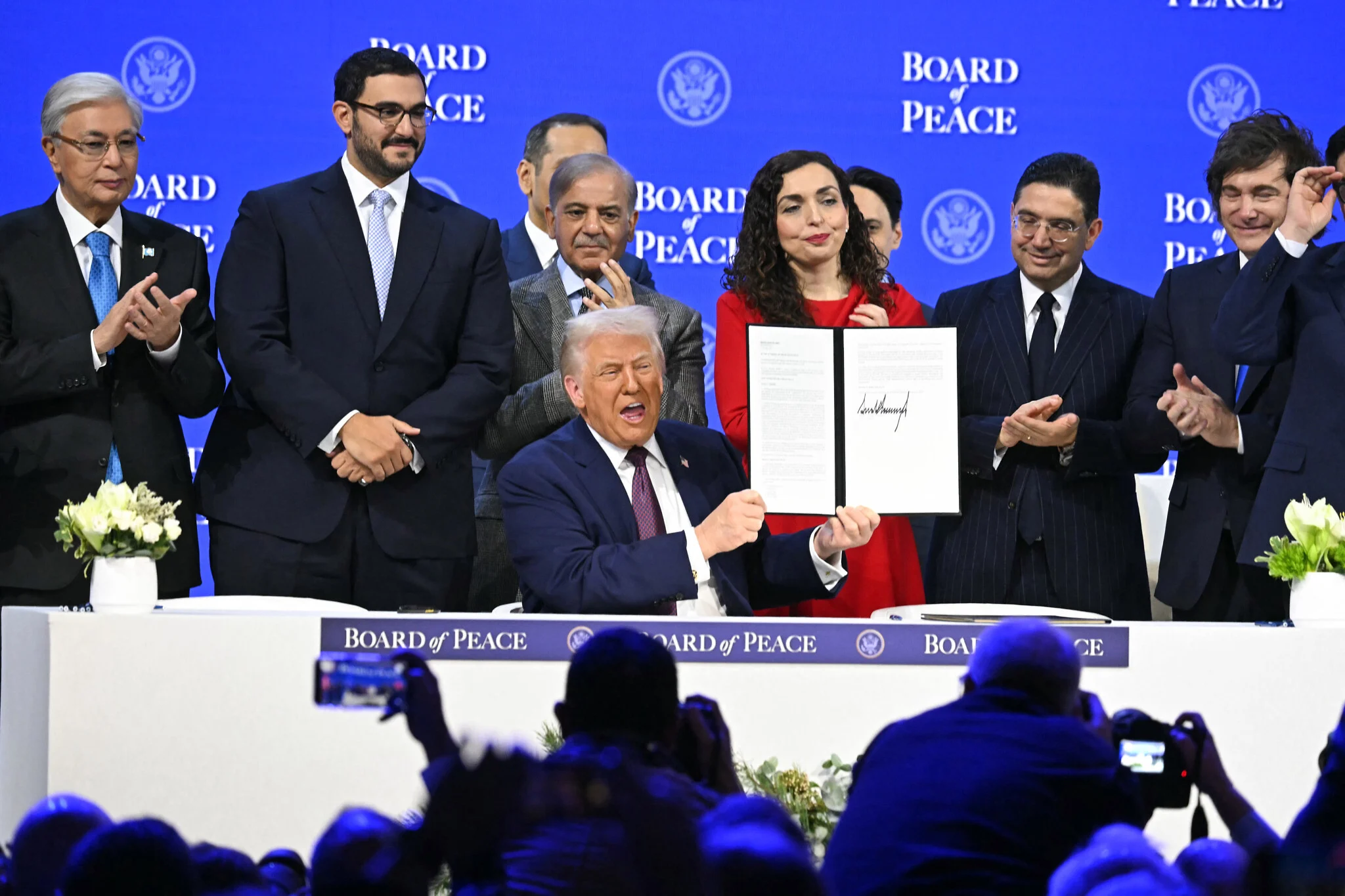
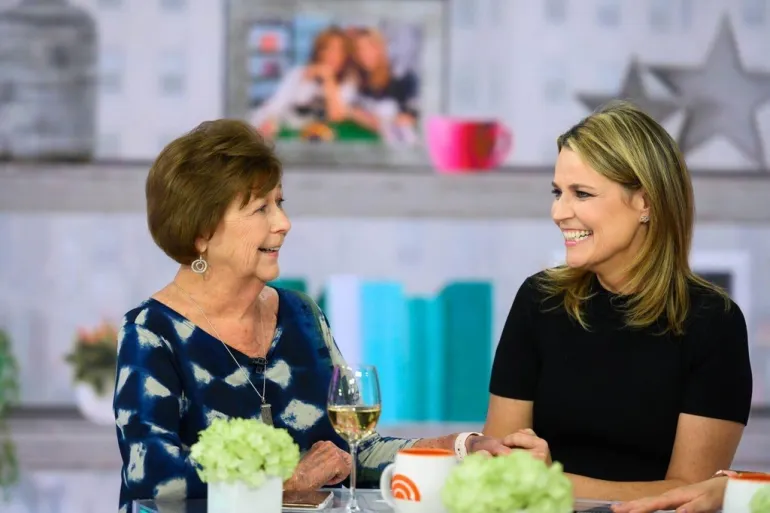
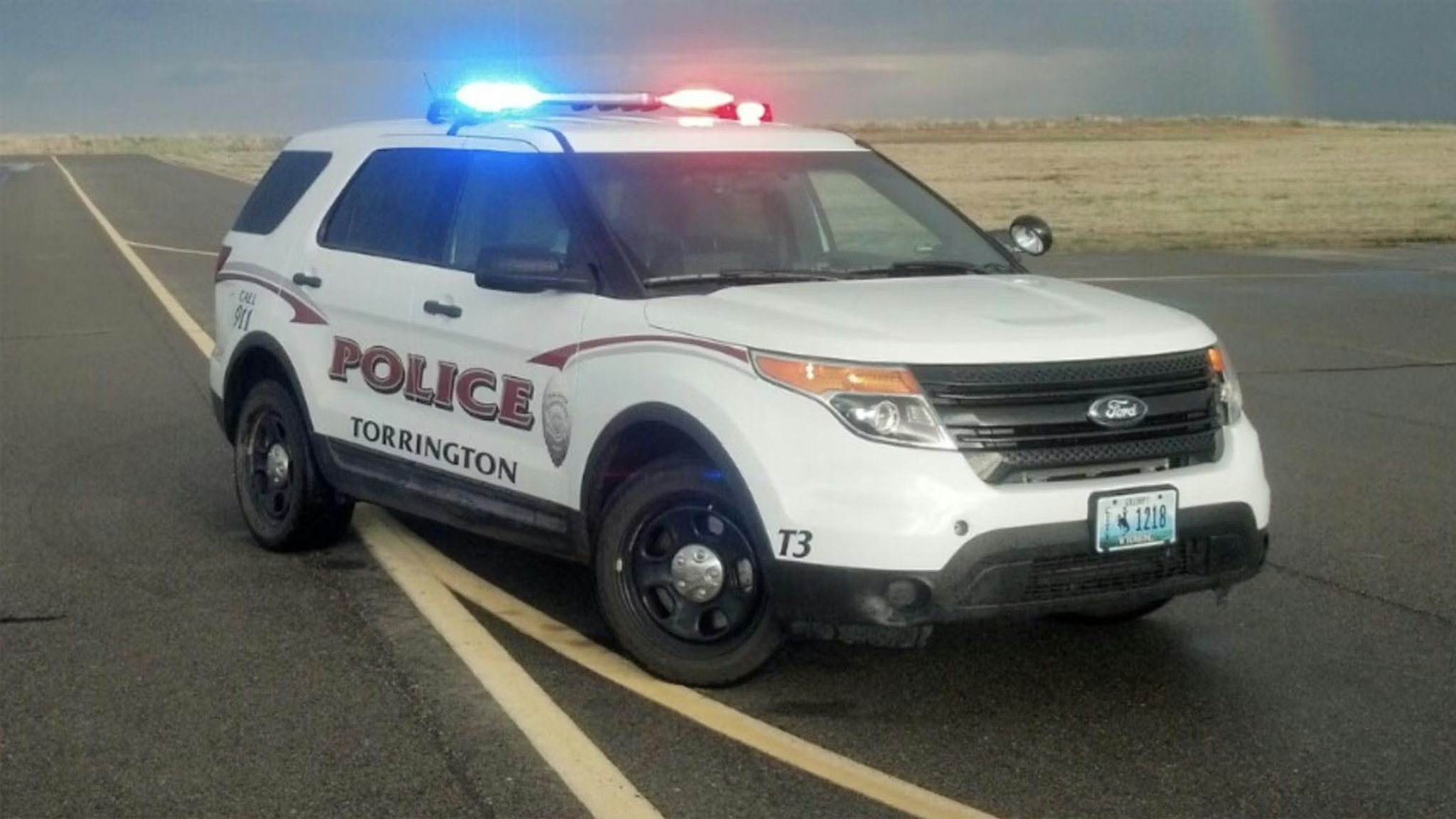
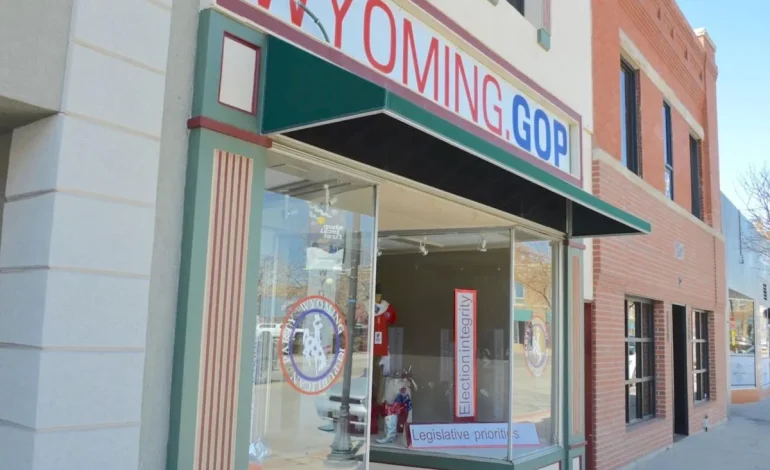




The latest news in your social feeds
Subscribe to our social media platforms to stay tuned